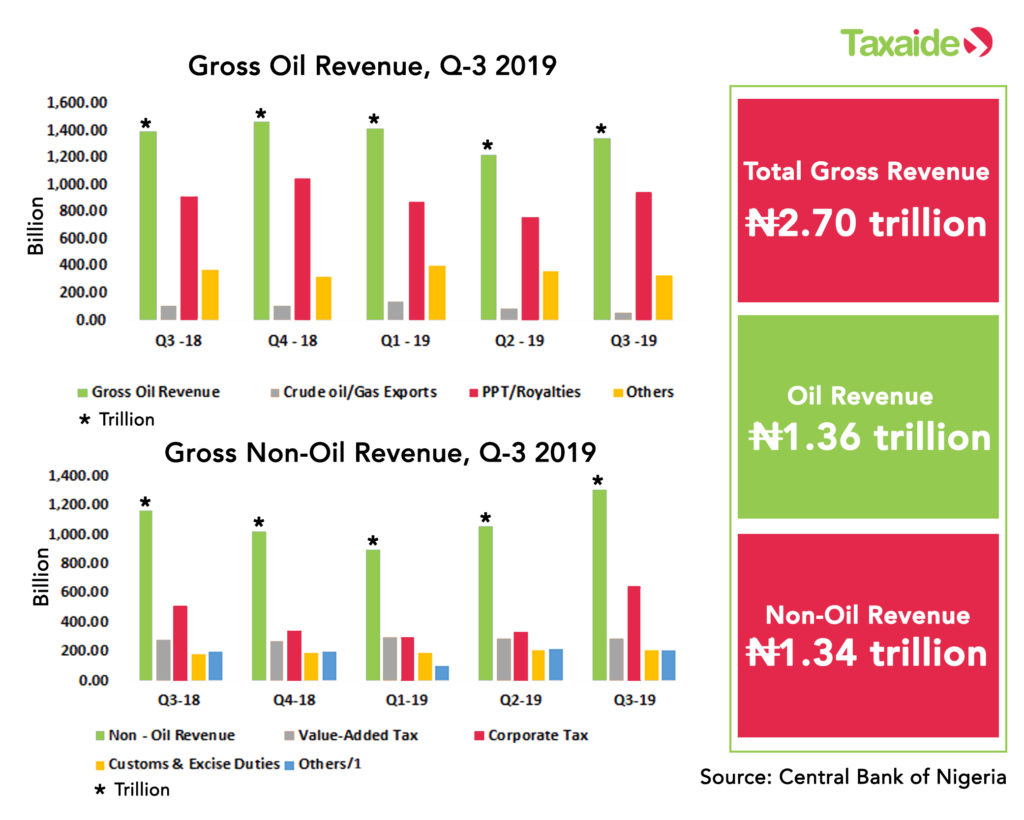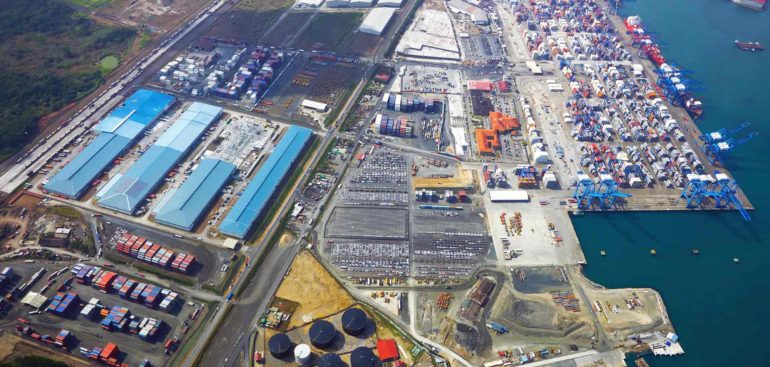
Introduction
The world’s most popular media company Facebook, creates no content. The world’s most popular retailer Ali Baba carries no stock, and the world’s largest accommodation provider, AirBnB, owns no property.
The above quote is as pertinent as it is trite. Straits Times notes that digitization has led to the emergence of new business models and increased international trade, while removing the need for a company to have physical presence in a country to conduct business with its residents.
Read More- What is Companies Income Tax (CIT)? CIT is tax on the profits of incorporated entities in Nigeria. It also includes the tax on profits of non-resident companies who accrue or derive profits from Nigeria or bring or receive their income in Nigeria. It is therefore commonly referred to as corporate tax. CIT was created by the Companies Income Tax Act (CITA or the Act), it is one of the taxes administered and collected by the Federal Inland Revenue Service (“FIRS” or “the Service”)
Adamawa State came was created in 1991 and originated from the former Gongola State. The State capital is Yola. The State covers approximately an area of 38,700 square kilometers. It is estimated that the population today is about 4.28 million.
Read MoreThe use of shares options for the payment of goods and services is becoming increasingly common. While some companies use it to manage their cashflow, notably with the use of equity-settled share-based payments, other companies include it as part of the remuneration package of their directors, executives and other employees.
Read MoreEkiti State was created in 1996 and the capital city is Ado Ekiti. The state is bounded by Kwara and Kogi in the north, lies east of Osun State and bounded by Ondo in the South. Ekiti State covers approximately an area of 5,887 square kilometers and is ranked 29th by size among Nigerian states. It is estimated that the population is about 3.27 million.
Read MoreOn the 28th of June, 2019, news broke out that the Desmond Guobadia-led panel set up by the Federal Government to review the African Continental Free Trade Agreement (AfCTA) had amongst other things, put forward a recommendation that President Buhari should go ahead with signing the free trade agreement which would give Nigerian businesses unfettered access to the over $2.5 trillion dollar African market, and also give other African businesses access to Nigeria’s 200-million population strong market.
Read MoreIt is noteworthy that for the most part of the last two decades, most Nigerian States have become overly dependent on the statutory allocations from the Federal Government. As far as financial sustainability is concerned, many of these States have become seemingly complacent, with a good number of them barely generating even 20% of the figures of their allocations from the FAAC in internally generated revenue (IGR) figures. This trend has become more saddening in recent times especially because the narrative has been changing in a few quarters as more State governments have now started looking inwards.








